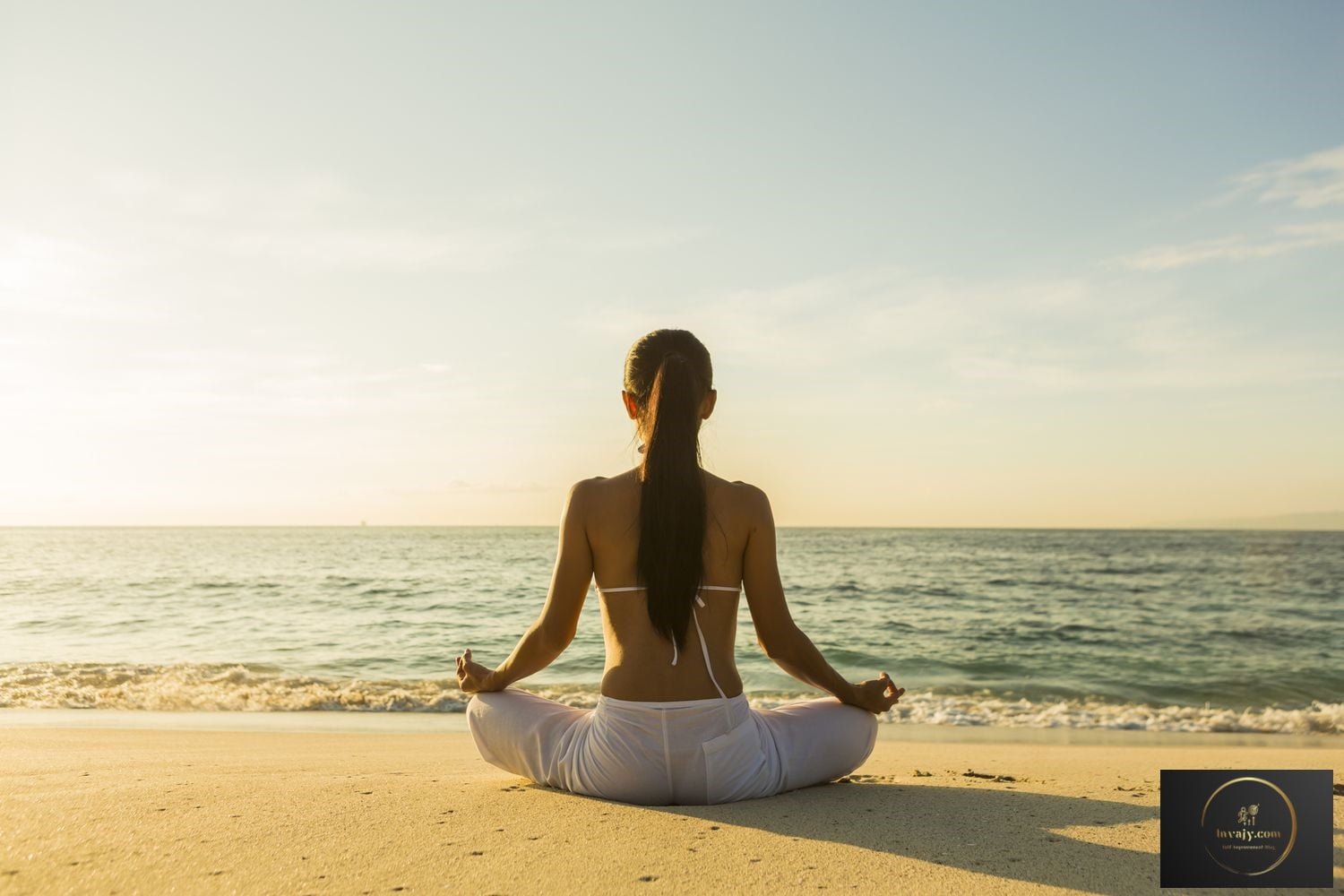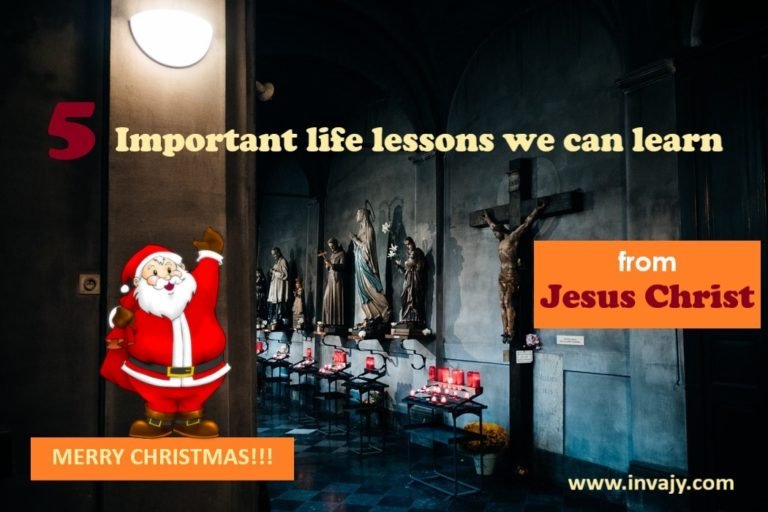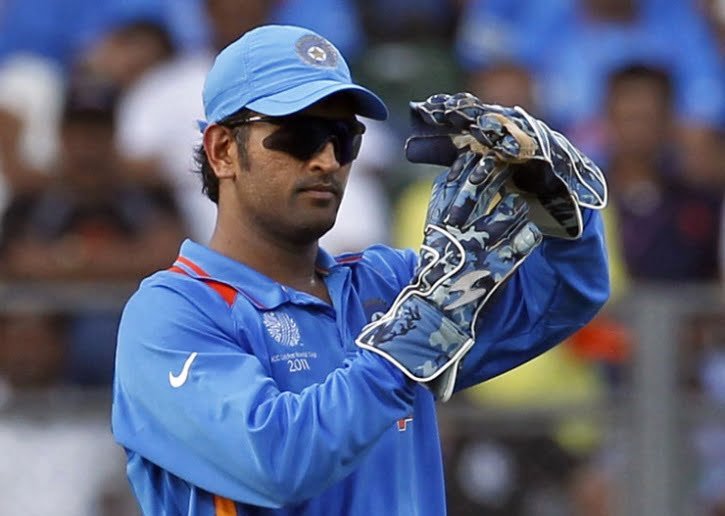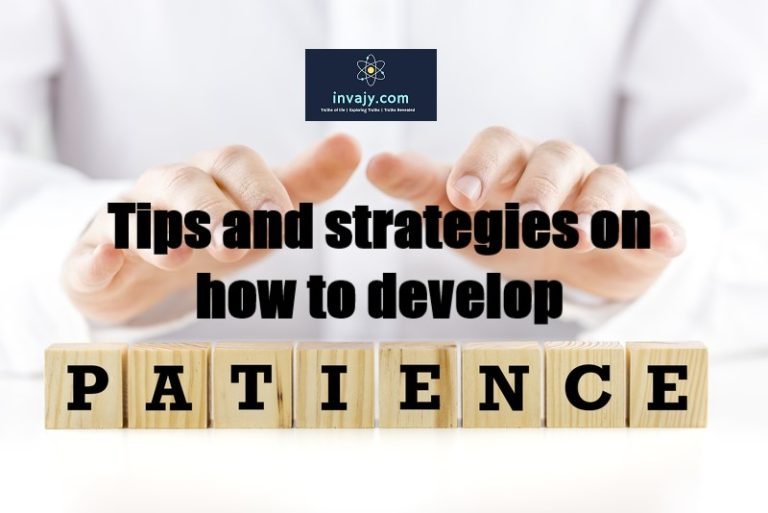Unlock the power of mindfulness
Mindfulness… has become a more than a buzzword now a days. In hustle and bustle of today’s life everyone is talking about it, but only few are able to cultivate this “hidden talent”. With the ever demanding modern life, which often pull us in countless directions; the need to unlock the power of mindfulness has become more crucial than ever. We must get rid of past griefs or future anxieties and start living in the present moment to achieve tranquility. The life-changing power of mindfulness induce a heightened state of awareness of the moment and a focused attention towards tinny and un-noticed things of life. It will help you attain happiness, satisfaction and fulfillment and peace of mind in every area of your life.
What is Mindfulness?
Mindfulness is basically a cognitive skill, which involves sustaining attention on the present-moment experience, as well as switching attention back to the present-moment experience whenever it wanders. When I talk about switching attention back, it does not mean that you have to ignore your thoughts, emotions, sensations, and surroundings. Let them come as it is. All you require is look at those as, you are an outsider and watching them in the room of your own brain. It other words, cultivate awareness about them without judgment or attachment. Do not get flown away with them. It’s an art of being fully present in each moment, accepting things as they are, and embracing the richness of our experience.
Mindfulness is derived from Pali term sati and in its Sanskrit counterpart smṛti, a significant element of Hindu and Buddhist traditions, and is based on Zen, Vipassanā, and Tibetan meditation techniques.

Cultivating Mindfulness
So now a question must be coming to your mind, “How to develop this non-judgmental awareness?” Well, Mindfulness is a quality that every human being already possesses; it’s not something you have to conjure up, you just have to learn how to access it. You do not require any fancy equipment or years of training to develop this skill; you can practice mindfulness anywhere, at any time.
As mentioned earlier , mindfulness is a cognitive skill, which you can cultivate through meditation, focused breathing exercises, or simply by bringing conscious awareness to everyday activities, such as communication, writing, eating or walking. All you need to do is to be more present and attentive. You can imbibe mindfulness in each and every activity of your daily life.
As the acclaimed Vietnamese Zen master Thich Nhat Hanh famously said,
“The present moment is filled with joy and happiness. If you are attentive, you will see it.”
Benefits of Mindfulness
The benefits of mindfulness are manifold and extend across various aspects of life. It can help you in your day-to-day life, work, relationships and overall wellbeing. Practicing mindfulness:
- Enhances your sleep
- Improves mood
- Lowers your stress levels
- Decreases loneliness
- Decreases emotional reactivity
- Increases your attention span
- Manages chronic mental health conditions
- Reduces rumination
- Helps prevent depression relapse
- Reduces anxiety
- Decreases cognitive decline
- Helps you to connect better with people and strengthen relationships.
- Helps in Weight loss
- Improves academic success for students
Mindfulness in Daily Life
Integrating mindfulness into daily life doesn’t necessarily mean formal meditation for extensive periods of time. Instead, it’s about finding moments of stillness and presence amidst the chaos of your routines. Whether it’s taking a few conscious deep breaths before a stressful meeting, savoring the taste of each bite, noticing food color and texture during a meal, or simply pausing to appreciate the beauty of nature during morning walk, mindfulness invites you to be fully aware with the richness of your present moment experience.
As the influential spiritual leader and mindfulness advocate, Eckhart Tolle, once remarked, “Realize deeply that the present moment is all you ever have. Make the Now the primary focus of your life.”
By anchoring yourself in the present moment, you can get rid of past regrets and future anxieties, finding peace and contentment in the current moment .
Challenges and Misconceptions
Despite its growing popularity, mindfulness is not without its challenges and misconceptions. Some may dismiss it as mere “navel-gazing” or esoteric mysticism, failing to recognize its evidence-based benefits and practical applications in daily life. Others may struggle with the inherent difficulty of quieting the mind in a world filled with distractions and obligations.
Moreover, there’s a common misconception that mindfulness is about emptying your mind from thoughts altogether. On the contrary, mindfulness involves acknowledging and observing your thoughts without becoming entangled to them, fostering a sense of awareness that surpass the never stopping mental chatter.
Conclusion
In the words of the legendary mindfulness teacher, Sharon Salzberg,
“Mindfulness isn’t difficult, we just need to remember to do it.”
By embracing mindfulness as a way of life, we can create awareness about each moment we live, reclaiming our innate capacity for happiness, compassion, and connection with self and the world around us. So, let us embark on this journey together, one breath at a time, as we unlock the transformative power of mindfulness in our lives.
As Albert Einstein once said,
“The most beautiful thing we can experience is the mysterious. It is the source of all true art and science.”
Mindfulness invites us to explore the mystery of our own consciousness, unveiling the profound interconnectedness of all things and revealing the boundless potential that lies within each of us.
Want to explore more about Mindfulness?
If you want to explore and read more about mindfulness. Here are the other related articles:
- How mindfulness can change your life?
- How to manage anxiety by practicing mindfulness?
- Live in the moment (Mindfulness)
- Mindfulness in Remote Work: 15 Techniques for Home-Based Professionals
- Mindfulness Practices to exercise in your daily routine life
Thank you for reading this article on Power of Mindfulness. Over to you now, please share your experiences about mindfulness? Please feel free to contact me if you need any help to use this power of mindfulness in your everyday life. I will be more than happy to help you.
If you have liked this article, please share it at your favorite social networks.







